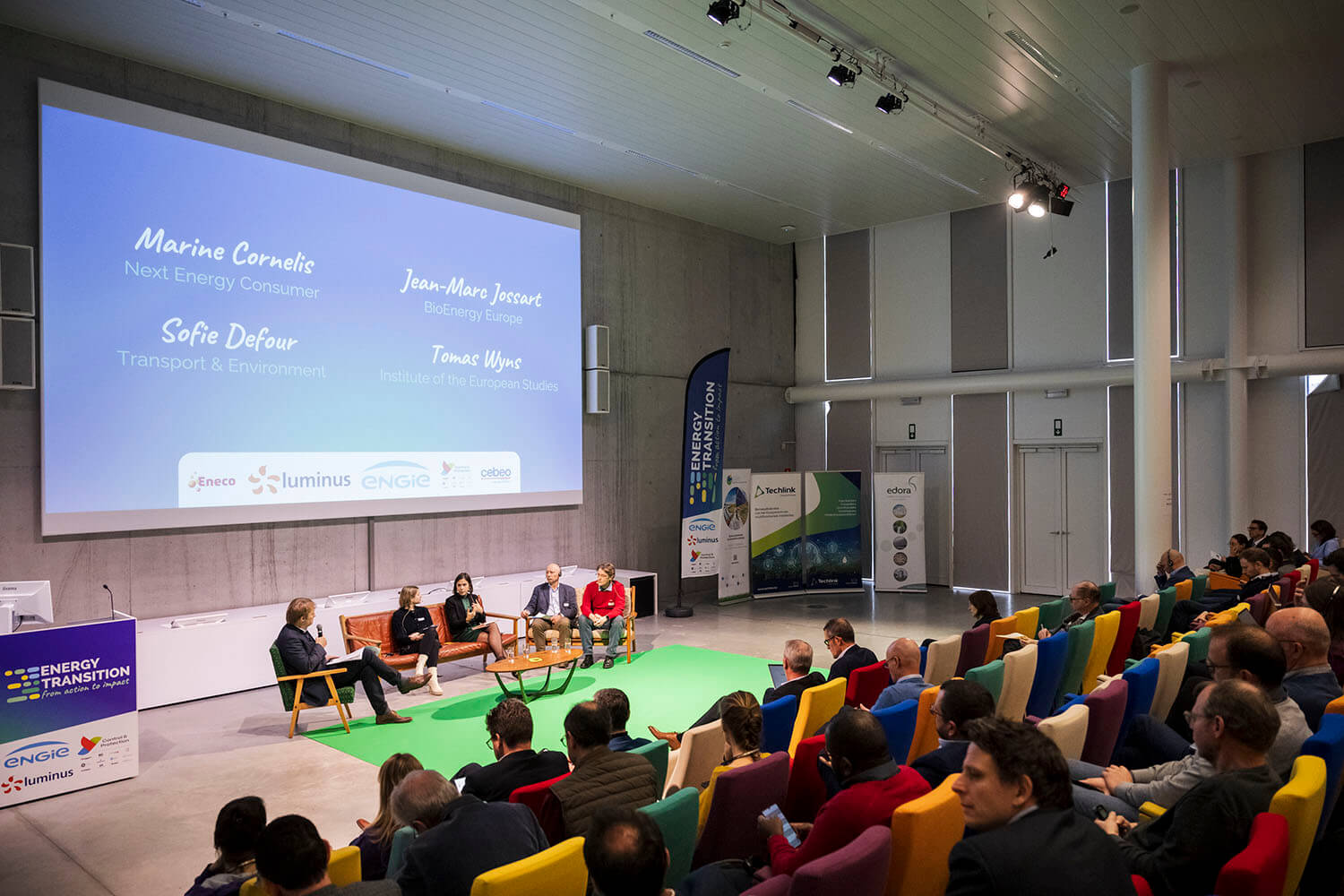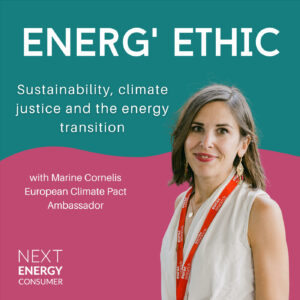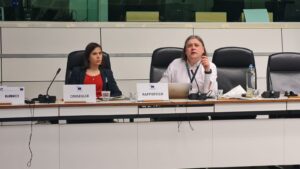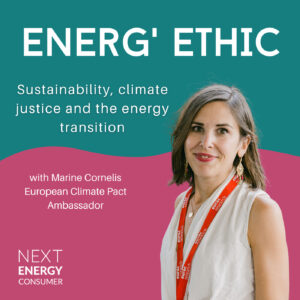The Belgian Energy Transition Congress looked to the near future of energy policies in Belgium, which will head the European Council for six months from January 2024 and be subject to numerous elections. Making the energy transition a concrete reality in Belgium by initiating substantive dialogue and exchanging good practices is particularly important.
Belgium is a laboratory for Europe, if not the world, a microcosm of energy democracy in which three governments, four regulators and many utilities must build agreements in at least two languages and thought systems. It causes incompressible slowdowns but also stimulates creativity and the need to think in a highly structured way about the issues and challenges of our time. And in energy, more than ever, we need creativity and connections.
Invited to talk about social acceptability, especially in a European context, I stressed the need for trust and coherence in strategies aimed at citizens as workers and consumers in the Belgian energy transition. Many people can’t adopt the tools available to them or invest in them, perhaps because they are facing energy poverty, like 42 million other Europeans, or perhaps because they have doubts.
And one of the problems we’re facing is that, with so many algorithms offering us selections based on artificial intelligence, the reality of the climate emergency may be distorted into a sounding board for toxic ideas and positions.
The impact of companies should be structured around positive messages: climate change is an opportunity to improve our lives and create links and social value. Particularly if we make choices in the direction of relevant partnerships between public, community and private players, prioritising the responsibility of stakeholders insisting on strengthening an ecosystem where we feel respected and where our disagreements and structural challenges are listened to. This means taking greater account of and respecting consumers’ rights. One of them is to turn to an Ombudsman. In Belgium, solid options exist to help consumers: at the federal level, the Ombudsman for Energy or, in Wallonia, the Service régional de médiation pour l’énergie of the CWAPE). An inclusive ecosystem is essential for creating and maintaining trust.
The notion of coherence in strategies and programmes came back several times, such as in financing models, tax and subsidy regimes that sustainable options are genuinely cheaper than fossils’.
Furthermore, as is clearly shown in the Atlas that I prepared for the IFDD and presented a few days ago in Dubai, Belgian companies can count on highly developed green skills useful for developing heat pumps, heat networks, and energy communities. But these skills need to be nurtured to better serve people on the ground, such as those who need advice on how to carry out energy-efficient renovations.
From the European to the federal, regional and local levels, this Belgian event demonstrates that collaboration between players at all levels is a winning strategy.
So, I end this year of research and public speaking inspired and motivated by Belgium’s prospects. I am looking forward to 2024! A huge thank you and a veel dank to the organisers of the Energy Transition Congress, and in particular to Techlink, ODE Vlaanderen and Edora.





